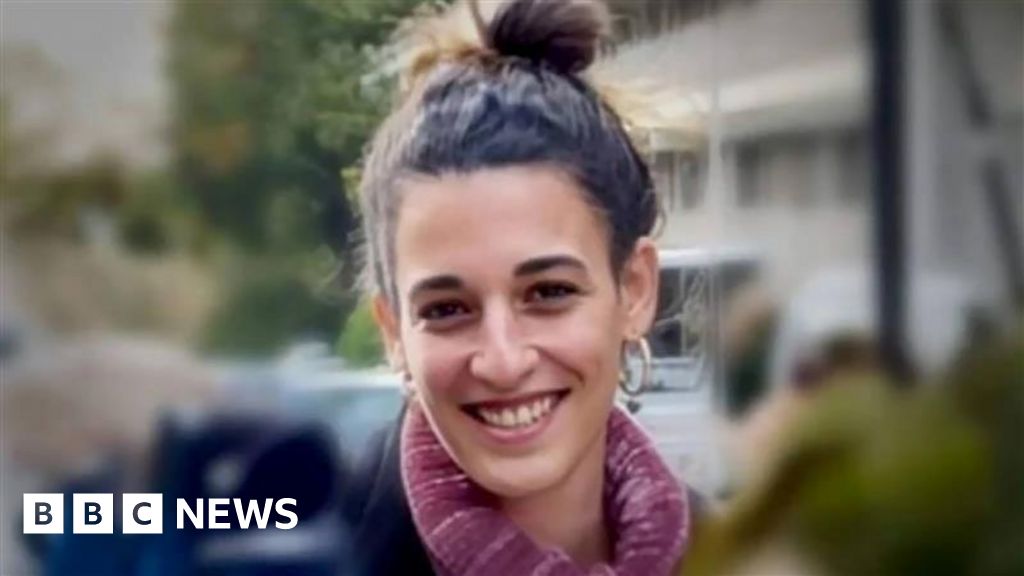
Fact Check Analysis: Claims in “Six hostages to be freed and Gazans to be allowed north – Israel”
One of our subscribers reached out to DBUNK to fact-check the recent article from the BBC titled “Six hostages to be freed and Gazans to be allowed north – Israel.” This article, authored by Ian Aikman, discusses the release of hostages by Hamas, the delayed release of Arbel Yehud, and the ongoing struggles of displaced Gazans attempting to return to their homes. As always, DBUNK brings you comprehensive and verified insights to help you cut through the noise of misinformation.

Is the Article Free from Misinformation?
While the article attempts to provide a balanced overview of recent developments regarding the ceasefire agreement between Israel and Hamas, key elements of bias, missing context, and potential misinformation were identified in the report. Let’s break it down:
Misrepresentation: Hamas “Delaying” Arbel Yehud’s Release
The article states that Hamas delayed releasing Arbel Yehud, describing it as a violation of the ceasefire agreement. However, this claim lacks further nuance. According to multiple sources, Hamas claimed that proof of Yehud’s survival was indeed transmitted to mediators (including Egyptian officials) by Saturday evening, yet disagreements persisted within Israeli leadership. This casts doubt as to whether Hamas solely bears responsibility for the delay. Without full clarity on the timeline and associated restraints, the article’s depiction leans into speculation rather than verifiable facts, risking misinforming readers about who was at fault for the delay.
Missing Context: Displaced Palestinians Facing Deadly Barriers
By focusing prominently on the release of hostages and Gazans returning northward, critical humanitarian concerns regarding the treatment of displaced Palestinians are underexplored. Testimonies within the same article (e.g., “Every time we try to go home they shoot at us.”) paint a stark picture of human rights violations. The discussion about mass displacement feels almost secondary despite its importance. The implication here is a de-prioritization of the struggles of thousands of Gazans currently impacted by severe cold and limited provisions at the military barriers. Greater evidence is needed to support the claim of a “breakthrough,” given these ongoing barriers.

Incomplete Figures: Gaza’s Death Toll and Ceasefire Impact
The article references the figure of “47,200 Palestinians” killed during Israeli operations, citing Gaza’s Hamas-run health ministry. While widely quoted by various news outlets, this figure lacks independent verification due to limited access to Gaza’s hospitals and infrastructure during wartime conditions. Furthermore, the absence of alternative estimates or contextual explanation — such as the debate surrounding civilian versus combatant casualties — limits readers’ ability to evaluate the scale and consequences of the conflict. Transparency in citing casualty figures is paramount, yet this context is noticeably absent.
Bias Alert: Favorable Framing Toward Israel
Readers may notice a consistent tendency in the article to frame Israel’s actions (e.g., resolving the dispute over Yehud or “allowing” Palestinians to return north) as leading to breakthroughs, while downplaying accountability for actions at the barrier checkpoints or during prisoner exchanges. This tilt risks alienating readers seeking neutrality, especially those frustrated by perceived double standards in international reporting.

Answering Your Question: Why Did Hamas Delay Releasing Arbel Yehud?
Hamas did not publicly provide detailed reasons for any specific “delay” concerning Arbel Yehud. According to reports, proof-of-life videos or documentation for Yehud were allegedly transferred to Egyptian intermediaries on Saturday, but disagreements within Israeli leadership may have contributed to the timing of her release. This suggests that delays were not purely a unilateral decision by Hamas, indicating the importance of verifying political claims. As with much of the reporting in this conflict, nuances are critical for forming an accurate understanding of such sensitive events.
Conclusion
Although this article offers valuable real-time updates on a high-stakes situation, its reporting reflects gaps that could mislead readers. Its portrayal of blame for delays, omission of key context on Gaza’s displaced citizens, and use of unverified casualty figures highlight the need for critical analysis when consuming information from complex conflicts.
If you’re frustrated with misinformation in today’s media, don’t worry, you’re not alone. Download the DBUNK app — a trusted tool empowering users to evaluate news confidently!
Stay Informed. Stay Vigilant.
We encourage all readers to submit their fact-check requests to DBUNK. Whether you have concerns about headlines or deeper reporting flaws, let us help uncover the truth. Join the fight against fake news by following us on social media and downloading the DBUNK app when we launch!

